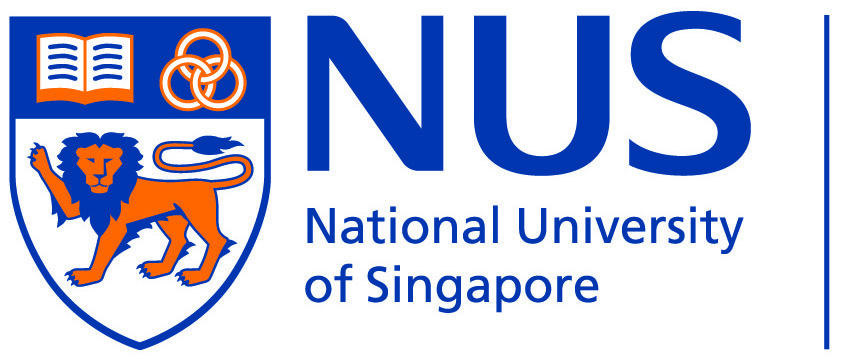BIOINFORMATICS SERVICES ON HPC
NUS IT is building a user-friendly bioinformatics environment that supports data analysis for several organisms. The software repositories will be available through a standard Unix module environment which is continuously updated and complemented with public data (e.g. reference genomes and annotations).
NUS IT provides the following NGS (Next Gen Sequencing) pipelines for the research community:
• Whole genome/transcriptome sequencing analysis
• Targeted exome sequencing analysis
• De-novo & reference based genome assembly
• Mutation and variant analysis
• Other custom computational tools needs
All the bioinformatics software involved in the pipelines (e.g. short read aligner BWA, Bowtie, Tophat, STAR or utilities like picard, samtools, bedtools ) are available as Unix module applications. In addition, modules not included in these pipelines (e.g. Velvet, Ray for de-novo assembling) can be made available upon request. The user can load environment variables pointing to different tools by selecting a specific module in the bioinfo category:

NUS IT is deploying workflow managers (using Nextflow and WDL) to provide easy-to-run bioinformatics pipelines for biology researchers who have no computing background. With the latest additions to Cloud computing, GPU and Big Data resources on NUS IT, researchers can now apply the latest technology like Deep Learning for solving biological research problems.
Using Bioinformatics services
Scenario I
A biology researcher is studying cancer in mouse models performs RNAseq experiments to identify genes causing this disease, but lacks bioinformaticians in his lab to analyse the sequencing data.
Possible Solution: The researcher can signup for HPC resources at NUS IT and make use of the RNAseq pipelines available on HPC. You can reach NUSIT-HPC for support.
Scenario 2
A researcher is working on a complex computational problem, for example, a De-novo transcriptome assembly of 10 tissues which requires many CPU cores to process the data. This may be time-consuming due to limited department computing resources.
Possible Solution: Researchers can request for high-end computing resources at NUS IT, like parallel computing, and use MPI and OpenMP to solve the problem faster.
Please contact NUSIT-HPC at nusit-hpc@nus.edu.sg for further queries.

